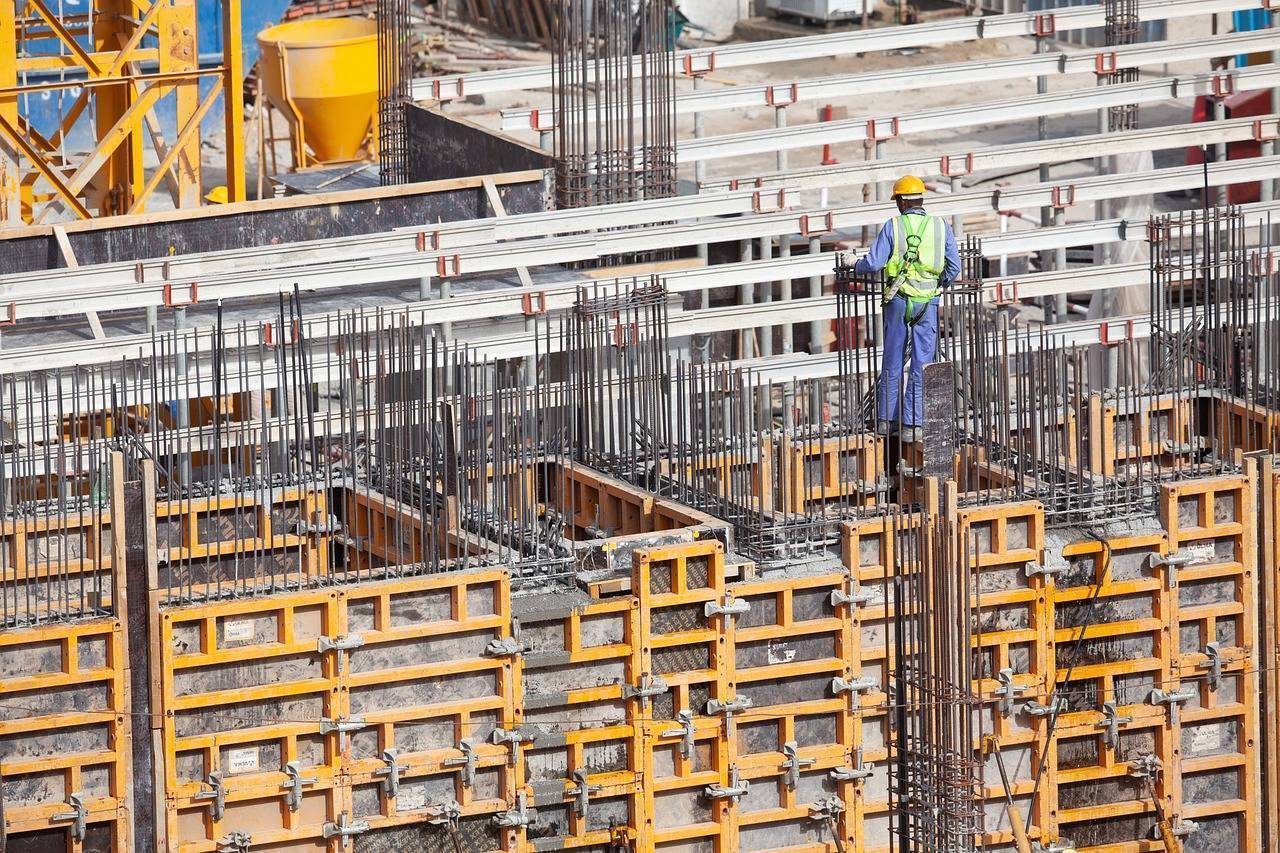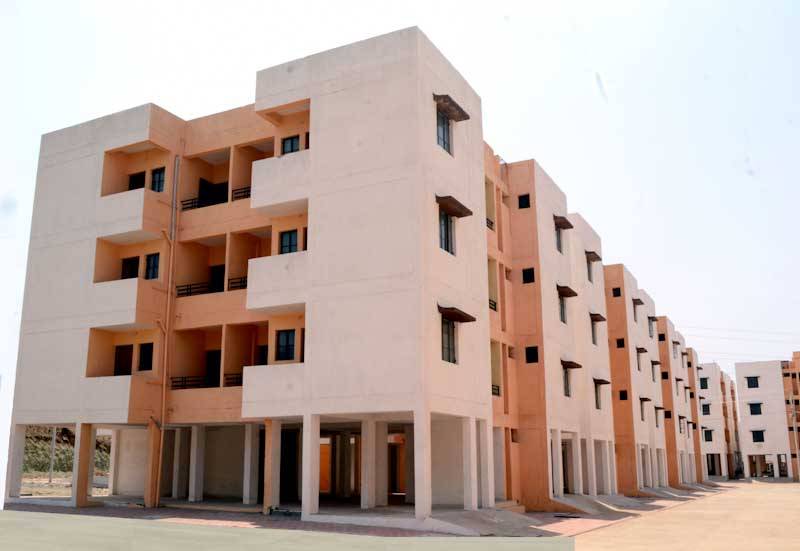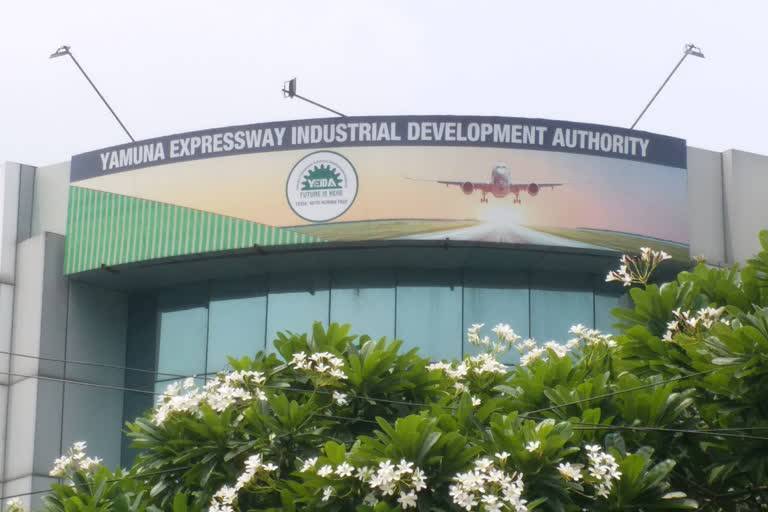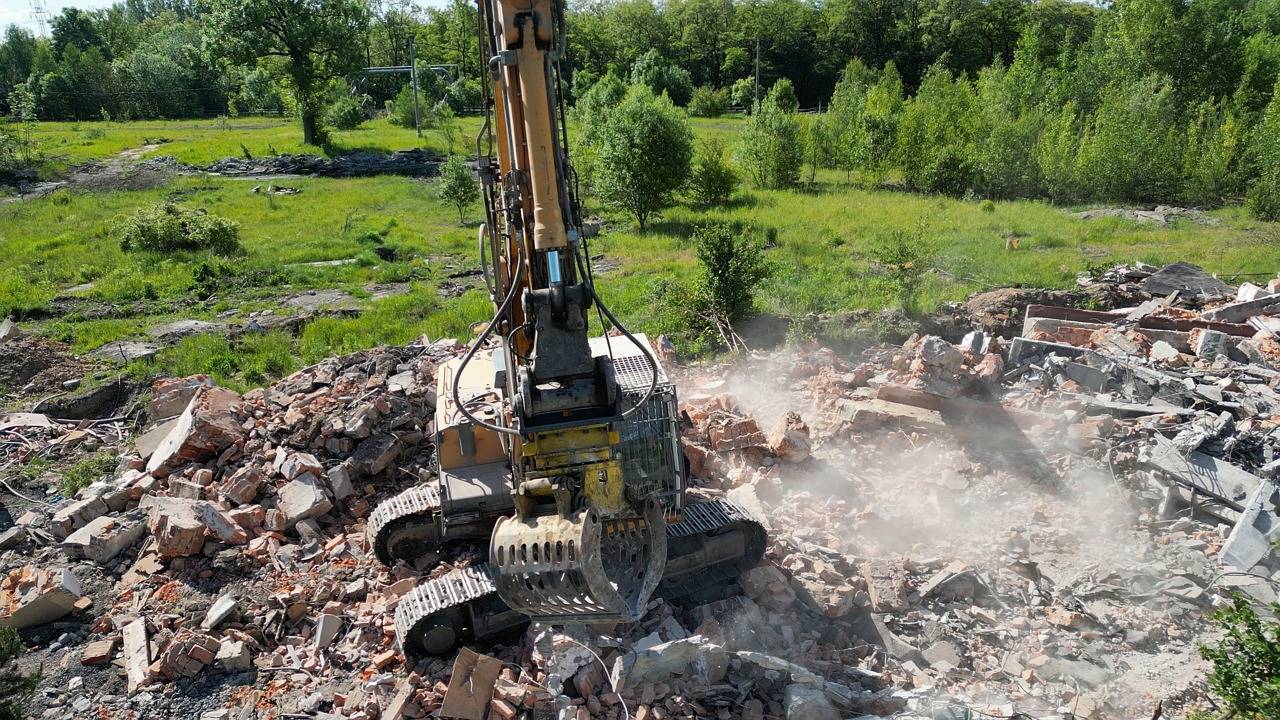In recent years, real estate developers across India's seven major cities have significantly reduced the time required to complete housing projects, according to a report by ANAROCK. This reduction in project completion time is attributed to stringent regulations and the adoption of the latest construction technologies.
Project Completion Time Reduction
The ANAROCK report analyzed projects launched and completed between 2010-2019 and 2014-H1 2024 across the top seven cities. In the last decade, developers have cut the average time to complete smaller projects (less than 500 units) by 18%, now averaging four years. For larger projects (more than 500 units), the time has decreased by 20%, averaging 4.9 years. During the 2010-19 period, these projects took 4.9 years and 6.1 years, respectively.
This reduction in project completion time is significant for several reasons. It indicates an improvement in the efficiency of project management and construction practices. It also suggests that developers are becoming better at navigating regulatory hurdles and optimizing their workflows. The reduction in time taken to complete projects can lead to several downstream benefits, including lower costs for developers and quicker availability of homes for buyers.
Role of Regulations and Technology
ANAROCK Chairman Anuj Puri emphasized that stringent rules imposed by regulatory authorities on project delays have been a key factor in reducing completion times. The Real Estate (Regulation and Development) Act (RERA), implemented in 2016, has played a pivotal role in enforcing timelines and penalizing delays. Developers are now more accountable, and the risk of penalties has pushed them to adopt more efficient practices.
In addition to regulatory pressure, the use of advanced construction technologies has significantly contributed to this improvement. Techniques such as precast construction, modular building, and the use of Building Information Modeling (BIM) have streamlined the construction process. These technologies allow for better planning, reduce on-site construction time, and improve overall project management. As a result, developers can adhere to stricter timelines and reduce the incidence of delays.
City-Specific Data
The report highlighted city-specific data, showing variations in project completion times:
- Chennai: Builders in Chennai took the least time to complete both small and large projects in the last decade, with an average of 3 years for small projects and 3.6 years for larger ones. Chennai's efficiency can be attributed to proactive local regulations and a more streamlined approval process.
- Kolkata: Kolkata saw the longest completion times for large projects, averaging 5.7 years, while smaller projects took 4.4 years. The longer timelines in Kolkata could be due to bureaucratic delays and challenges in land acquisition.
- Mumbai Metropolitan Region (MMR): In MMR, small projects took an average of 4.7 years, and large projects took around 5.2 years. The high demand and complex regulatory environment in Mumbai contribute to these relatively longer completion times.
- Pune: Small projects in Pune took an average of 4.3 years, while large projects took 5.4 years. Pune's growing real estate market and the influx of new developers might be factors in these timelines.
- Delhi-NCR: Homebuyers in Delhi-NCR waited an average of 4.7 years for small projects and 5.4 years for large ones. The region's regulatory complexity and the size of the market contribute to these extended timelines.
- Hyderabad: Builders in Hyderabad took 3.1 years for small projects and 4.2 years for large projects. Hyderabad's faster completion times are a result of a supportive regulatory environment and rapid technological adoption.
- Bengaluru: In Bengaluru, the completion times were 3.5 years for small projects and 4.8 years for large ones. Bengaluru benefits from a robust infrastructure and a tech-savvy construction industry.
Impact on the Real Estate Sector
The reduction in project completion times is a positive development for the real estate sector. Faster project completions mean quicker delivery of homes to buyers, improved cash flow for developers, and potentially lower costs due to reduced holding periods. This trend is likely to boost buyer confidence and support the overall growth of the housing market.
Moreover, the faster completion times can lead to better financial stability for developers. By reducing the time it takes to complete projects, developers can free up capital more quickly and reinvest in new projects. This cycle of rapid completion and reinvestment can drive sustained growth in the real estate sector.
Challenges and Opportunities
Despite the progress, challenges remain. Regulatory compliance and the need for continuous technological upgrades can be demanding. The cost of adopting new technologies and training staff can be substantial. However, the long-term benefits of these investments often outweigh the initial costs.
The push for efficiency and timely delivery creates opportunities for innovation and better project management practices. Developers who can effectively integrate new technologies and navigate regulatory frameworks will have a competitive advantage. There is also potential for collaboration between developers, technology providers, and regulatory bodies to further streamline processes and reduce completion times.
Conclusion
The ANAROCK report underscores the significant strides made by real estate developers in reducing project completion times across India's major cities. Through a combination of regulatory pressure and technological advancements, the sector is becoming more efficient, benefiting both developers and homebuyers. As these trends continue, the real estate market is poised for sustained growth and improved reliability.
Image source-pixabay.com









.png)